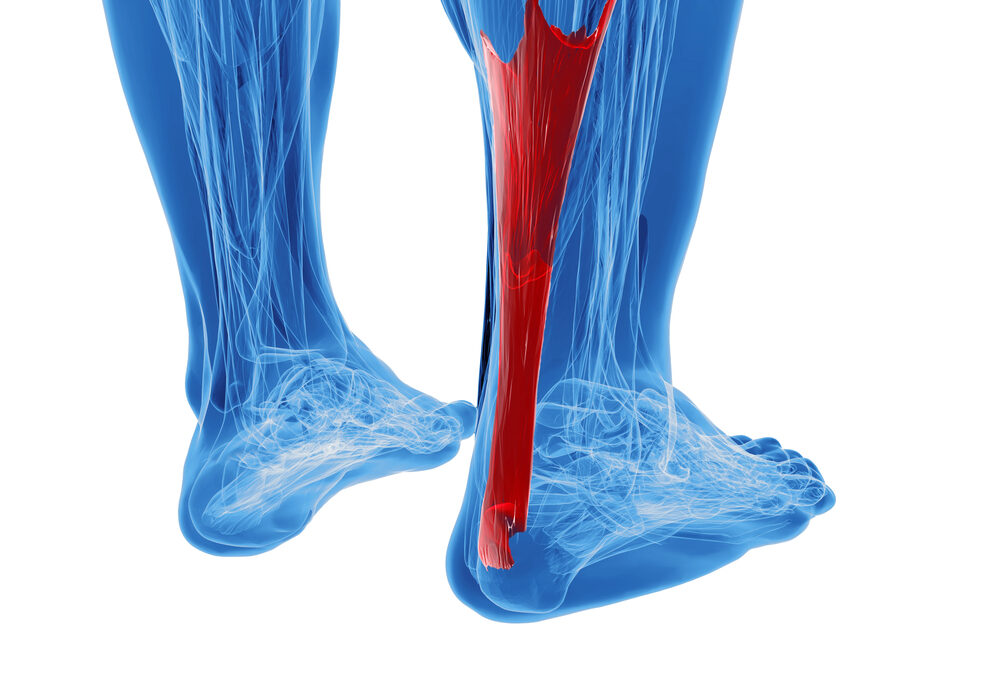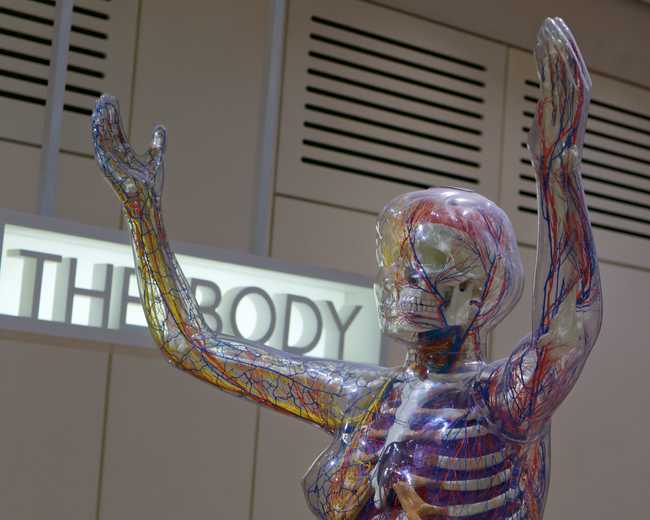
Best Treatment for Achilles Tendonitis?
Pain, Pain, Go Away: What’s the Best Treatment for Achilles Tendonitis?
The Achilles tendon is the largest tendon in the human body. What does it do? It connects your calf muscles to your heel.
Without it, you wouldn’t be able to walk properly!
As it turns out, however, there are many diseases that can affect the tendons. Take rheumatoid arthritis, for instance, it can cause chronic inflammation.
Injuries can affect the connective tissues as well. In fact, they’re one of the main causes of Achilles tendonitis, which affects up to 18% of athletes.
Luckily, the condition is treatable. Interested in knowing what the best treatment for Achilles tendonitis is? Because that’s what we’ll be going over in this post!
Where is the Achilles Tendon Located?
The Achilles tendon is a thick band of fibrous tissue that’s located at the back of the lower leg. More specifically, it connects the soleus and gastrocnemius muscles of the calf to the calcaneus aka heel bone.
Despite its size and strength, it’s vulnerable to injury—even with the small sacs of fluid protecting it at the heel.
Causes for Achilles Tendonitis
Achilles tendonitis occurs when the tendon becomes inflamed. Generally speaking, this can be caused by any repetitive movements.
That’s the main reason why athletes are more prone to the condition. Those who participate in sports such as tennis, softball, volleyball, and track and field, are particularly susceptible.
Certain factors can play a role as well. For example, an individual will be more likely to experience tendonitis if they exercise without warming up. A sudden increase in physical activity can also strain the tendon.
Best Treatment For Achilles Tendonitis (Without Medications)
There are ways to treat Achilles tendonitis without medications. For one thing, you can use the RICE method. Here’s a brief overview of how it works:
Rest: Avoid putting weight or pressure on the tendon for 1-2 days—that’ll allow it to heal faster. Consider using crutches if you need to walk.
Ice: Apply ice to the tendon for 15-20 minutes at a time. The cold will help bring down any swelling or inflammation. It’s a good idea to wrap the ice pack with a towel so that it won’t damage your skin.
Compression: Compress the injury by wrapping athletic tape around the tendon; this will prevent excessive swelling. However, don’t wrap it too tightly or else it’ll affect your blood flow.
Elevation: Raise your foot so that it’s above your chest—you want it to be higher than your heart. This is an effective way of reducing bruising and swelling.
Chiropractic Treatment for Achilles Tendonitis
Chiropractic adjustments can help relieve pain. After all, it’s not uncommon for misaligned joints to put extra stress on the Achilles tendons and feet.
Your chiropractor may also opt for Active Release Therapy (ART). Basically, it involves breaking up scar tissue in the tendon, leg, and foot. Not only will this help with the pain but it’ll also prevent further complications.
Dealing With Achilles Tendonitis
While most cases are minor, it never hurts to go see a doctor or even a chiropractor—they’ll be able to determine the best treatment for Achilles tendonitis that’s right for you.
For those of you who are in the Mill Creek area, feel free to contact us to see how we can help!





